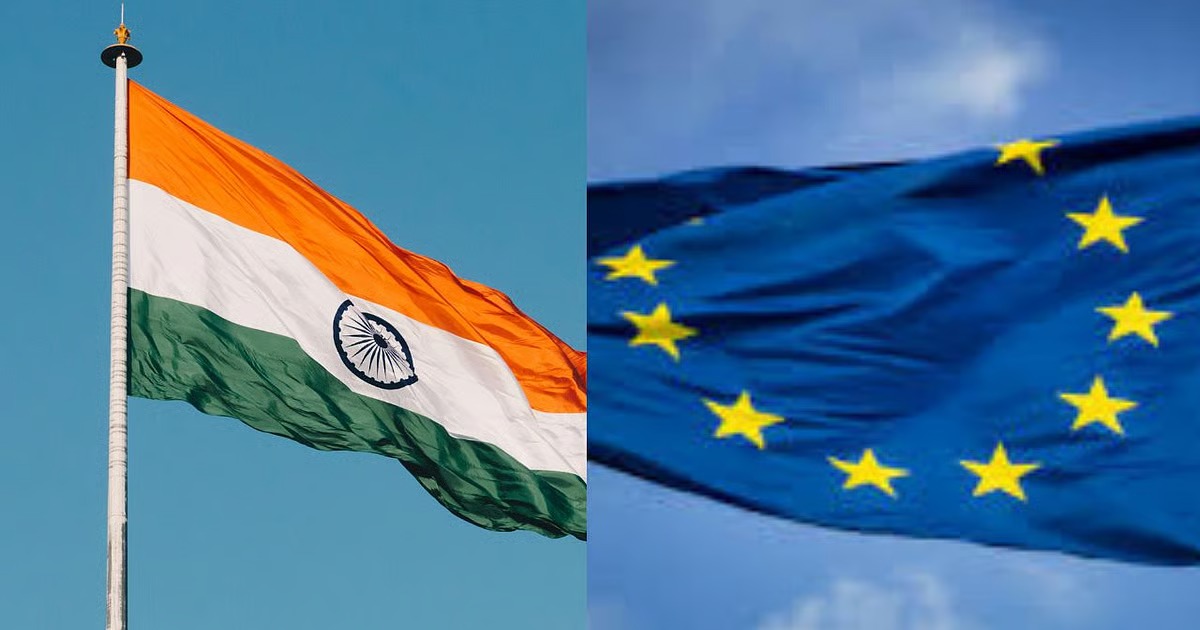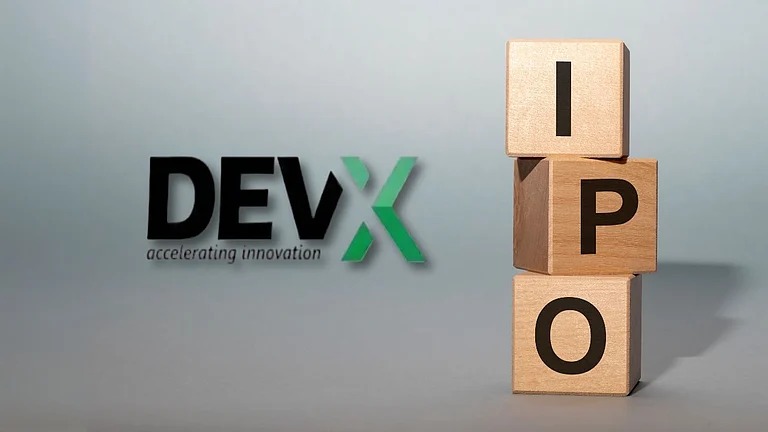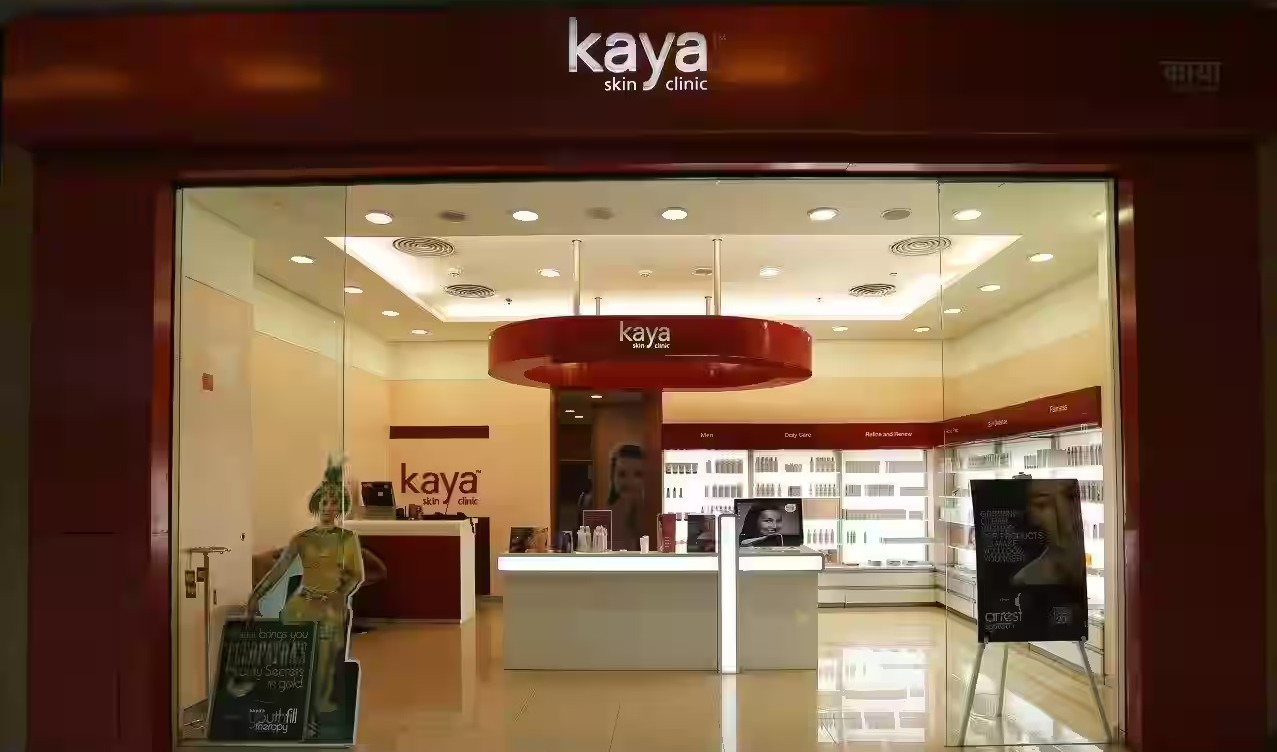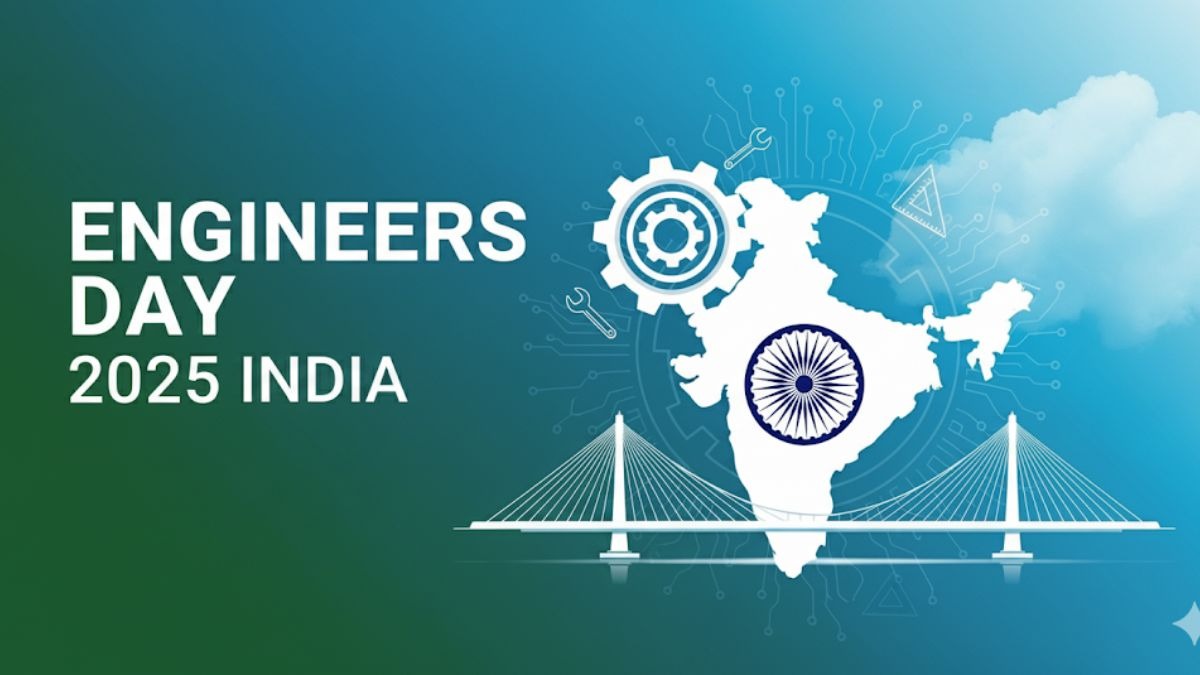 Image Source : Free press Joumal
Image Source : Free press Joumal
India and the European Union are set to enter a critical phase of negotiations for their long-awaited free trade agreement, with the next round of talks scheduled from October 6 to 10 in Brussels. This round is part of an intensive five-month roadmap aimed at concluding the comprehensive trade pact by early 2026. The discussions will cover a wide array of policy areas, including goods, services, investment protection, and sustainable development, and are expected to shape the future of one of India’s most important trade relationships.
The timing is strategic, as India seeks to diversify its export markets amid rising tariff barriers from the United States and global supply chain shifts. The EU, India’s second-largest trading partner, is also looking to deepen ties with emerging economies to reduce dependence on China and strengthen its Indo-Pacific engagement.
Key highlights from the upcoming India-EU trade negotiations
- Talks will be held in Brussels from October 6 to 10, 2025
- The goal is to finalize a comprehensive free trade agreement by early 2026
- Negotiations cover 23 chapters including trade in goods, services, investment, and intellectual property
- India’s exports to the EU reached USD 75.85 billion in FY2024–25, while imports stood at USD 60.68 billion
- EU seeks lower tariffs on automobiles, spirits, and medical devices
- India aims for greater access in textiles, IT services, and pharmaceuticals
- Strategic agenda includes cooperation in defense, technology, and climate action
Scope and structure of the trade pact
The proposed agreement spans 23 policy areas, making it one of the most ambitious trade negotiations India has undertaken. These include:
- Trade in goods and services
- Investment protection and dispute resolution
- Rules of origin and customs facilitation
- Intellectual property rights and geographical indications
- Government procurement and competition policy
- Sustainable development and labor standards
India is pushing for improved access for its textile, agricultural, and IT service exports, while the EU is demanding tariff reductions on industrial goods, stronger IP enforcement, and commitments on environmental and labor norms.
Political and strategic backdrop
The trade talks are unfolding against a backdrop of shifting global alliances. With the United States imposing steep tariffs on Indian goods, New Delhi is recalibrating its trade strategy to strengthen ties with the EU and other partners. The EU, in turn, is seeking to expand its footprint in South Asia and reduce its reliance on Chinese imports.
The October round will be led by European Trade Commissioner Maros Sefcovic and Agriculture Commissioner Christophe Hansen, who will meet their Indian counterparts in Brussels. The negotiations will also coincide with the release of the EU’s strategic roadmap for India, outlining cooperation across trade, defense, and technology.
Economic impact and market access
A successful agreement could unlock significant economic benefits for both sides. For India, it would mean:
- Enhanced competitiveness of exports such as garments, steel, and pharmaceuticals
- Greater investment inflows from European firms in manufacturing and clean energy
- Improved access to European markets for digital and financial services
For the EU, the pact would offer:
- Entry into India’s fast-growing consumer and industrial markets
- Opportunities in infrastructure, automotive, and healthcare sectors
- Strategic alignment with India on climate and digital governance
Challenges and outlook
Despite strong political will, several hurdles remain. Key sticking points include:
- Tariff asymmetries on sensitive goods
- Regulatory alignment in pharmaceuticals and food safety
- Labor and environmental commitments
- Dispute settlement mechanisms
Both sides are expected to intensify negotiations through ten scheduled meetings over the next five months, culminating in a potential leaders’ summit in early 2026. If successful, the India-EU trade agreement could become one of the largest bilateral trade deals globally, setting a precedent for inclusive and balanced global trade.
Sources: The Indian Express, The Economic Times, Economic Diplomacy India
Advertisement
Advertisement






